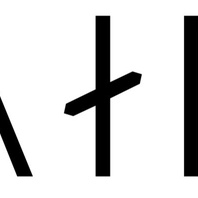
Viking Names
Havard
Hávarðr is a compound name formed from Há- which has three potential origins of ‘horse’, ‘high’, or ‘battle’ and -varðr ‘guard, watchman’. The name is found in West Scandinavia at the time of the settlement of Iceland and is very common in Norway from the thirteenth century onwards. The name is also recorded in Sweden and Denmark. Hávarðr is the first element in the place-name of Hawerby, Lincolnshire.
Read More

Viking Names
Svarri
The Old Norse male byname Svarri ‘capable, energetic man’ is a rare name; it is recorded once in Norway. The name is the first element in Swarby, Lincolnshire.
Read More
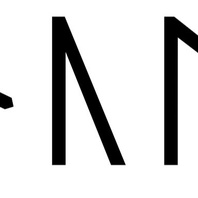
Viking Names
Gunnolf
Gunnólfr is a common name throughout Scandinavia. Although it is not well attested in the Icelandic sagas, there are many instances of the personal name in medieval Scandinavian documents as well as in the Icelandic quasi-historical text Landnámabók ‘The Book of Settlements’, which recounts the settlement of Iceland. The personal name also occurs in its Old East Norse form, Gunnulf, as the first element in the place-name Gonalston, Nottinghamshire.
Read More

Viking Names
Thorstein
Þorsteinn is a Old Norse male personal name from Þór- ‘the god’s name Þórr’ and -steinn ‘stone’. The name was very common in Norway and Iceland throughout the medieval period. It was also found in Sweden and Denmark, including in the runic form þurstin. Additionally Þorsteinn is the most common name of Scandinavian origin in Normandy. The personal name is also the first element in the place-name Thrussington, Leicestershire.
Read More
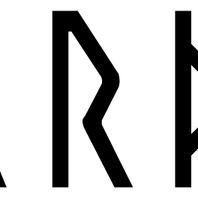
Viking Names
Thord
The Old Norse male name Þórðr is one of the commonest in Scandinavian, particularly Norway and Iceland. While it is not especially common in English place-names, it is found in Torworth, Nottinghamshire.
Read More

Viking Names
Gamston
Gamston, in the Bassetlaw Wapentake of Nottinghamshire, is a hybrid name from the Old Norse male personal name Gamall and Old English tun ‘an enclosure; a farmstead; a village; an estate’.
Read More
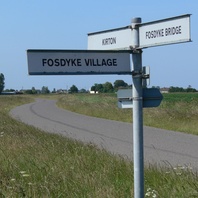
Viking Names
Fosdyke
Fosdyke, in the Kirton Wapentake of Lincolnshire, comes from the Old Norse male personal name Fótr and Old Norse element dík ‘a ditch, a water-channel’. The same personal name occurs in other place-names in Lincolnshire: Foston and Fotherby as well as possibly in Foston, Derbyshire.
Read More

Viking Names
Walesby
Walesby, in the Bassetlaw Wapentake of Nottinghamshire, comes from the Old Norse male personal name and nickname Valr which denotes ‘hawk’ and the Old Norse element by ‘a farmstead, a village’.
Read More

Viking Names
Klypp
Klyppr was originally a byname and probably a mutated form related to klumpr ‘clump’. A number of instances are recorded in West Scandinavia from the eleventh century onwards. Klyppr is the first element in the place-names of Clipstone, Nottinghamshire and Clixby, Lincolnshire.
Read More

Viking Names
Herrod
Herrøðr was thought to be the first element in the place-name Harby, Leicestershire. However, more recent scholarship indicates that the element is more likely formed from Old Norse hjọrð ‘herd’. Nevertheless, the name Herrøðr appears in various forms throughout medieval Scandinavia including on a Viking Age Gotlandic runic inscription. Also two individuals in Landnámabók ‘The Book of Settlements’ recounting the settlement of Iceland (c.870-930) are named Herrøðr.
Read More
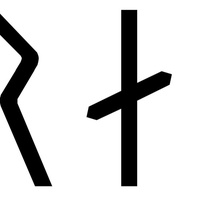
Viking Names
Grani
The male personal name Grani, or possibly Gráni, is the first element of the place-name Granby, Nottinghamshire. The name occurs sporadically in saga-literature and also appears on the rune-stone from Berezan’ in southern Ukraine, erected by visiting Swedes in the eleventh century. It is also the name of the horse of the legendary hero Sigurd the Serpent-Slayer. If the name, whether of the horse or as a male name, is Grani, then it is related to the Old Norse word grǫn, referring to the ‘upper lip’ or ‘moustache’, and can be compared to other original bynames like Skeggi from skegg ‘beard’. Alternatively, it might be related to the adjective grár ‘grey’ or verb grána ‘to grow grey’, and would similarly have originally been a descriptive byname. In Granby, a document from c. 1200 refers to Granehou, a mound (Old Norse haugr) possibly named after the same man who gave his name to the village.
